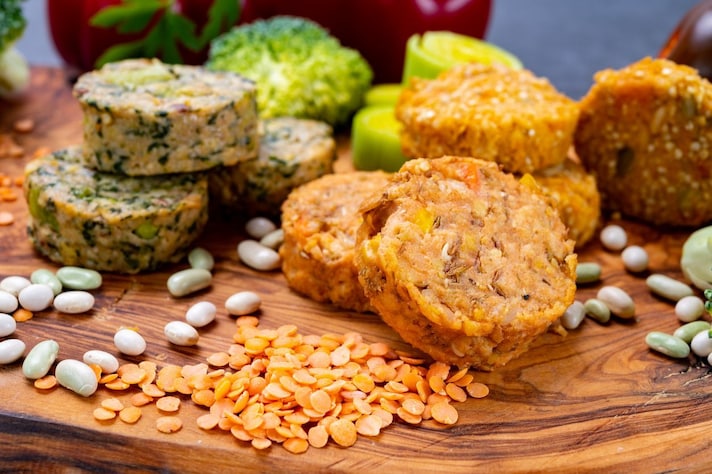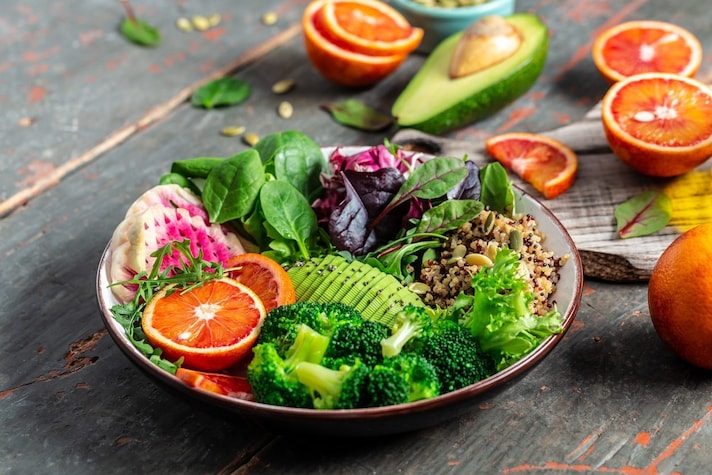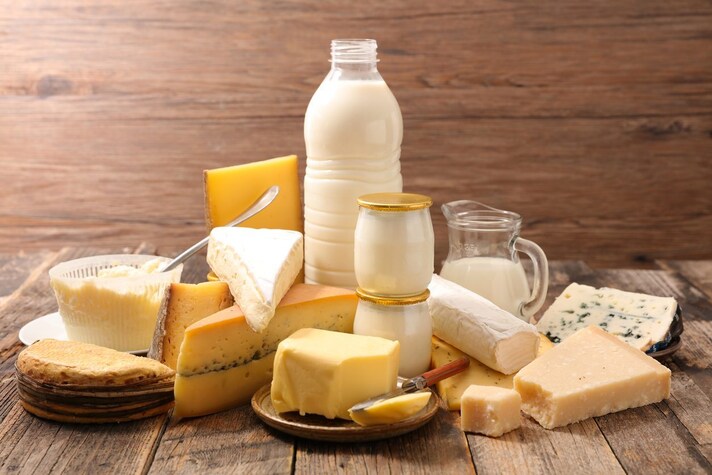
The vegetarian diet has become consolidated among the eating habits of the world, or at least it has become more popular and well-known compared to a few years ago, when many people did not really know what it was. Indeed, with the spread of this diet, even many who do not follow it are intrigued by it, thanks to the ever-increasing offer of restaurants and the birth of places specialized in this type of cuisine. Also because the myth of vegetarian eating being “boring” has now been widely dispelled: there are many, varied and very tasty vegetarian recipes to prepare. Despite all this diffusion, however, there are still many who are confused about what those who follow a vegetarian diet can, and above all what they cannot, eat. Let's clarify this, so as to better understand a diet that we find ourselves having to deal with more and more often.
What Does it Mean to Be a Vegetarian?
Before going into the specifics of which foods cannot be consumed by those who follow a vegetarian diet, let's try to define exactly what it means to choose this type of diet. Modern vegetarianism spread in Europe at the beginning of the 20th century and the philosophy at the heart of this movement is already included in the name: it is a dietary practice inspired by ethical, environmental, religious and health motivations that lead to the rejection of foods of animal origin, admitting, instead, any food of plant origin.

Despite its relatively recent diffusion in the West, vegetarianism was born in very ancient times not as a diet but as a real philosophy of life: for example, it was already spoken of in the 6th century BC, when great religious movements such as Hinduism and Buddhism were born, always against the use of animal meat. At the basis of a vegetarian choice, therefore, there is mainly the desire to reduce the environmental impact determined by the production of foods of animal origin, in addition to the search for a diet that favors the reduction of the risk of developing various pathologies.
Today, many versions of vegetarianism have spread, even involving extreme choices, for example veganism, which is distinguished precisely by the type of foods not allowed by the chosen diet. Today it is so widespread in Western countries that, in common language, this term is used as a synonym for vegetarian, instead the two diets are different and, what differentiates them, are precisely the products of animal origin, which are allowed to vegetarians and forbidden to vegans. There are also many nuances within vegetarianism itself, for example the pesco-vegetarian diet which is plant-based, but also includes fish and seafood (with or without eggs and dairy products), the lacto-vegetarian diet, which includes dairy products but excludes eggs and the ovo-vegetarian diet, which includes eggs but not milk and its derivatives.

Foods Vegetarians Can't Eat
In practice, then, what are the foods that vegetarians do not consume? Following a vegetarian diet means excluding from your diet foods obtained from animals, therefore all types of meat (both red and white) and fish (including crustaceans and molluscs).
Generally speaking, products of animal origin are included, for example honey and eggs (with the exception of fish because they are extracted after killing the animal), while clarification is needed regarding the issue of cheeses.
Starting from these assumptions, in fact, it would seem that cheeses are "harmless" for vegetarians because they are foods of animal origin, yet not all dairy products are suitable for those who have chosen to follow a plant-based diet. One of the main ingredients of many cheeses on the market is rennet, an ingredient that is not very ethical from the point of view of vegetarian philosophy: this "substance" is used to coagulate milk, thus causing it to solidify, it comes from the stomachs of lambs, kids or suckling calves and is obtained from their slaughter. Most of the Italian excellences, such as Grana Padano and Parmigiano Reggiano, include its use in the specifications, to maintain the Protected Designation of Origin, just as many other specialties use it.
It follows that vegetarians who choose to include dairy products in their diet cannot eat all cheeses, only those not produced with animal rennet and therefore truly vegetarian in all respects. A valid alternative are cheeses with microbial rennet, where the enzymes are extracted from microorganisms (bacteria, fungi and molds) fulfilling the same role as animal ones. There are also cheeses produced with vegetable rennet, also known as cheeses "made with flowers": in terms of availability and findability they are not yet widespread compared to those with animal rennet, but their production is growing precisely because of the increase in demand.

;Resize,width=767;)
